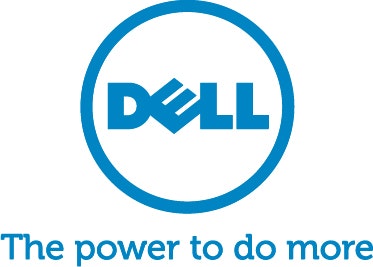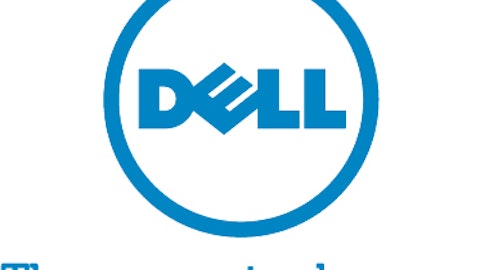Since many seasoned market-watchers were skeptical about the plausibility of the original buyout proposal from the alliance between Silver Lake Capital and Michael Dell, it should come as no surprise that Carl Icahn and other parties have rallied to oppose the deal. However, the fluid situation in which big-name computer manufacturer Dell Inc. (NASDAQ:DELL) finds itself has surprised even the most hardened observers.
In a recent development, Carl Icahn and ally Southeastern Asset Management have teamed up to put forth a seemingly credible offer to rival the the Silver Lake proposal. Issued through Icahn’s Icahn Enterprises LP (NASDAQ:IEP), this offer is also designed to appear more attractive than a third proposal put forth by private equity giant The Blackstone Group L.P. (NYSE:BX). However, Blackstone’s management team appears to have withdrawn this offer, and it is unclear whether a new proposal will arise to take its place. As many market-watchers predicted, this situation is becoming more convoluted by the day.
Before accounting for the most recent developments in this fast-moving potential deal, it might be helpful to mount a quick review of the publicly traded companies that have the most to gain or lose from it.
Recap: A financial look at the major players
At this point, Dell Inc. (NASDAQ:DELL), Icahn Enterprises LP (NASDAQ:IEP), and The Blackstone Group L.P. (NYSE:BX) are all heavily invested in the outcome of this transaction. Unfortunately, it is unlikely that all three parties will emerge favorably from the melee. While no one is suggesting that this deal will “ruin” Icahn, the asset management firm is sure to fight with extra vigor.
Financially, Dell Inc. (NASDAQ:DELL) has the largest footprint of these three firms. With a market capitalization of more than $23 billion, it is more than double the size of Icahn Enterprises and nearly double the size of Blackstone. Moreover, the company’s 2012 earnings of $2.4 billion on $57 billion in revenue outstrips Icahn’s take of $602 million on revenue of $18.3 billion, as well as Blackstone’s haul of $328 million on revenue of $4.2 billion. While Dell’s profit shrank by more than 30% from the most recent quarter, Icahn’s jumped by an impressive 465%. With growth of nearly 200%, Blackstone had a blockbuster quarter as well.
Dell Inc. (NASDAQ:DELL) has about $4 in cash for every $3 in debt on its books. By comparison, Icahn has about $8 billion in long-term debt to around $2 billion in cash on hand. With $13 billion in debt to just $1 billion in cash, Blackstone is even more leveraged. This leverage may have been a deciding factor in Blackstone’s decision to withdraw the deal for the time being.
The initial going-private deal
The first serious buyout proposal for Dell Inc. (NASDAQ:DELL) involved a partnership between founder Michael Dell and privately held asset management firm Silver Lake Capital. Under the terms of the deal, all of the company’s shares would be cancelled in exchange for cash payments of $13.65 per share. After the deal’s closing, Dell would cease to exist as a public company.
Blackstone’s offer
Blackstone countered this initial deal with a more complicated offer that promised to provide current Dell shareholders with cash or stock payments worth at least $14.25 per share. Investors would have had the option to receive cash payments of $14.25 per share in exchange for all of their outstanding shares. Alternatively, they could have accepted stock payments worth $14.25 per share. Shareholders who opted for this second proposal would have remained as Dell shareholders.
In announcing that it was withdrawing its bid, Blackstone indicated that Dell’s recent downward guidance revision presented an insurmountable obstacle and rendered the Blackstone proposal too expensive. While this deal appears to be dead, it is entirely possible that it could be resurrected in a new form. If Blackstone receives assurances of support from other asset management firms or technology companies, it may well jump back into the arena. It goes without saying that this would complicate the Dell situation even further.





